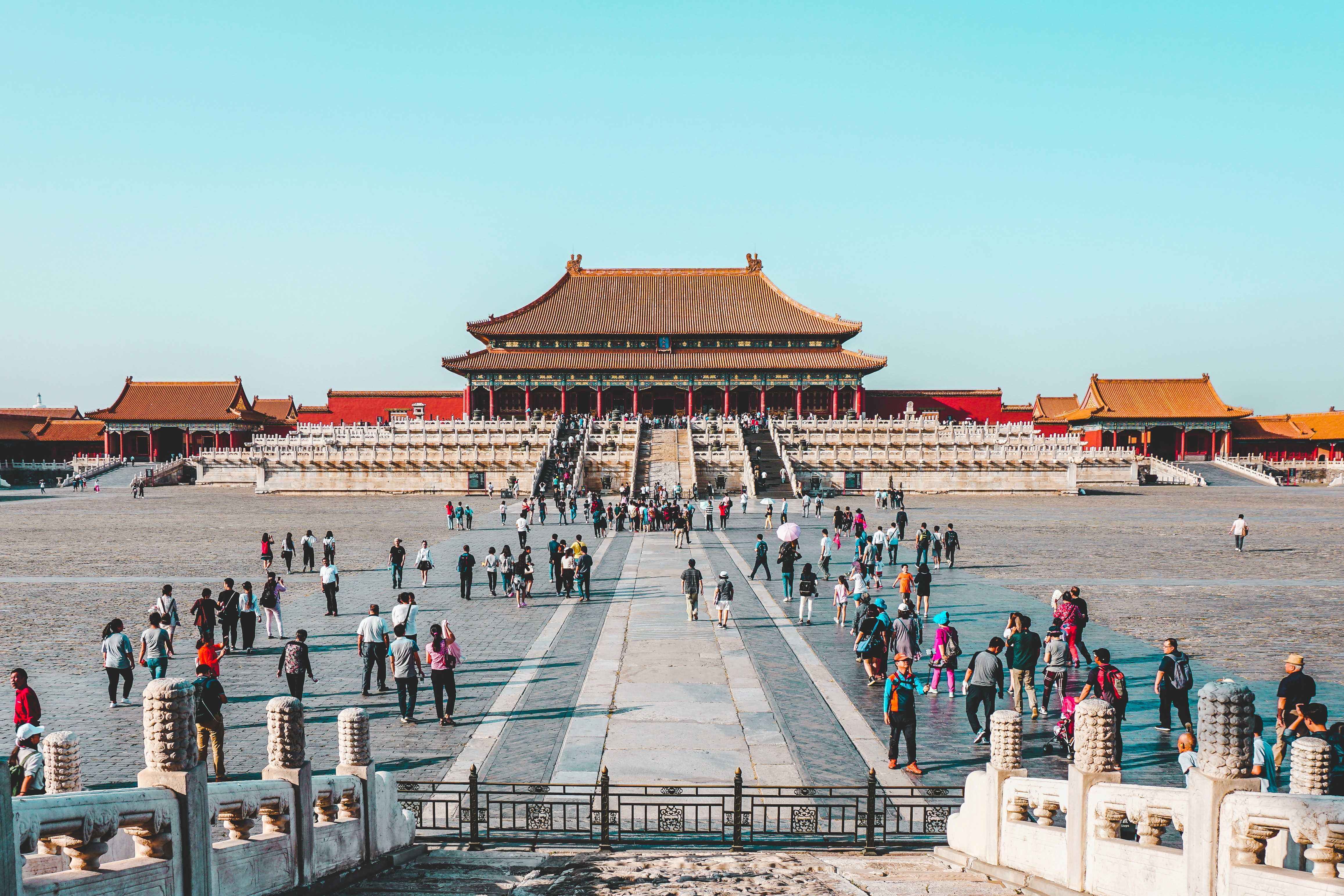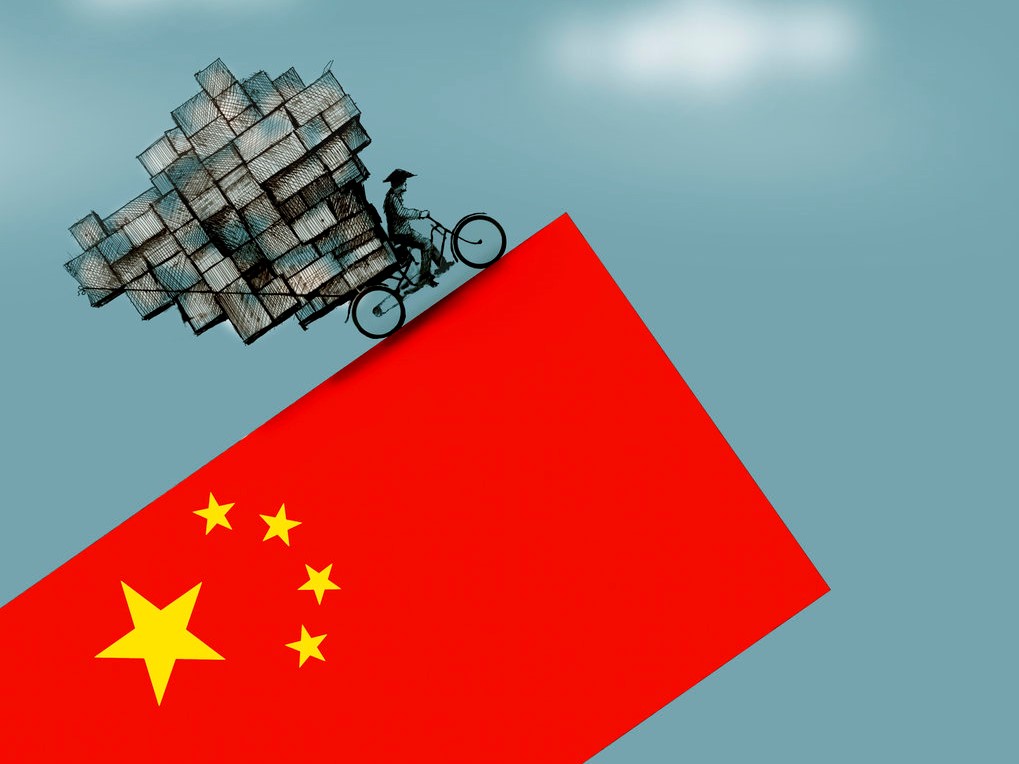Kate Lin: The strained relationship between China and the US has led to a recent investigation by a U.S. congressional committee. The committee is investigating investments made by four venture capital (VC) firms in Chinese technology companies. The investigation coincides with China's tech sector walking out from its own regulatory crackdown. Despite this, some U.S. investors remain motivated to finance Chinese startups through venture capital investments. What factors contribute to their continued appetite?
We're asking Kaidi Gao, associate analyst for venture capital at PitchBook.
Investor Confidence Is Tested
Hi Kaidi, what are the main challenges currently faced by U.S. VC investors?
Kaidi Gao: For sure, it wouldn't be an exaggeration to say that U.S. investors that are looking to invest in China's VC market are sandwiched between two layers of uncertainty and hurdles, both from China and from the U.S. From the Chinese side, U.S. investor confidence was tested and weakened due to three main factors.
- The possibility of sudden changes in the Beijing government policies
- A lack of clarity on whether the Chinese government truly welcomes foreign capital and will stay committed to supporting meaningful U.S. investments in a way that is going to allow these U.S. investors to repatriate their financial gains.
- Slowed economic growth in China and a declining, highly investable deal availability in industry sectors that historically have garnered U.S. investor interest due to their high-risk return profile.
The Impact of Geopolitical Tensions, Regulations
Lin: What about the willingness of U.S. investors to continue allocating capital to China? Are there specific areas or sectors that are more affected by the geopolitical tensions between the two countries than others?
Gao: For sure, escalating U.S.-China tensions have definitely added to challenges that U.S. investors have already encountered to continue putting capital to work in the region. I would say the most directly impacted industry sectors are the ones that are strategically important or sensitive, in particular semiconductors, microelectronics, quantum computing, as well as artificial intelligence. However, the impact of dampened U.S. investor confidence on these sectors that are within China's venture ecosystem wouldn't be as severe as one would expect for a few reasons.
First of all, foreign investors, including U.S. VC investors have generally been a small piece of the venture market in China.
Second, sectors like semiconductors are not among industries that were historically favored, but U.S. investors. Because many of these hard tech, deep tech companies require significant cash infusion upfront, they have elongated tech development timeline and the risk-return potential for these companies have historically not been as attractive as consumer-oriented tech startups.
Third, aside from U.S.-China tensions, the Chinese government isn't incentivized to see a high level of foreign investor involvement in these strategically important sectors for national security reasons.
Lin: Significant changes are also in China's foreign investment and technology regulations. So how have these shifts affected the confidence and risk appetite of U.S. investors in China?
Gao: From the Chinese side, a series of government-led tech crackdowns began around 2020. These crackdowns that are mostly conducted in the name of national data security or anti-monopoly have led to significant negative impacts on leading enterprises in select industries. For example, Didi Global was delisted from the New York Stock Exchange, and the education technology sector, which was one of the industries that was historically favored by U.S. venture dollars, had some massive value being wiped out overnight.
In addition, until earlier this year, throughout the pandemic, the Chinese government had very strict COVID restrictions. A series of massive city lockdowns in 2022 has also added downward pressure on the regional present market deal-making activity. All these events and policies took a toll on U.S. investor confidence. I would say that until the dust settles, many U.S. investors have become more cautious while taking a wait-and-see approach to investing in China.
In China's private market, lately, there has been a string of news around USD funds downsizing their teams, and lowering salary bands further attesting to wane the U.S. investor confidence towards China.
Investors' Conundrum: Diversifying Away from China, But Where to?
Lin: Lastly, how do U.S. VC investors evaluate risk-adjusted return? And despite all these challenges, is China still attractive to these investors?
Gao: So more than a few large-scale U.S. VC firms with a global reach have been actively looking at other parts of APAC, say Japan, India, and Southeast Asia, while they were reevaluating their China strategy and exposure. The investors who are looking to diversify away from China will need to determine if the size and return profile of China's VC market is more appealing than other parts of a pact.
There are several potential hurdles to putting meaningful capital to work in these emerging markets.
First of all, many of these markets say Korea and Australia are significantly smaller than China. Second, there might not be a large volume of highly investable deals because of the smaller market sizes, especially in sectors that are highly scalable. Third, it takes time to build connections with regional players and adapt to these highly localized markets.
We have heard from Chinese general partners (GPs) saying that they were told by their limited partners (LPs) that geopolitical factors are the number one issue they're facing with re-ups and continuing to deploy capital to the regional market. But, some of these players remain hopeful that if U.S.-China tensions tone down or return to normal, U.S. investors are still open to and are interested in investing in China with a massive population, large market size, strong talent base, and above all, attractive financial return potential when the public exit channels remain open.
Lin: Thank you so much for joining us from Seattle. For Morningstar, I am Kate Lin.






:quality(80)/cloudfront-us-east-1.images.arcpublishing.com/morningstar/QFQHXAHS7NCLFPIIBXZZZWXMXA.jpg)






.png)


.jpg)





